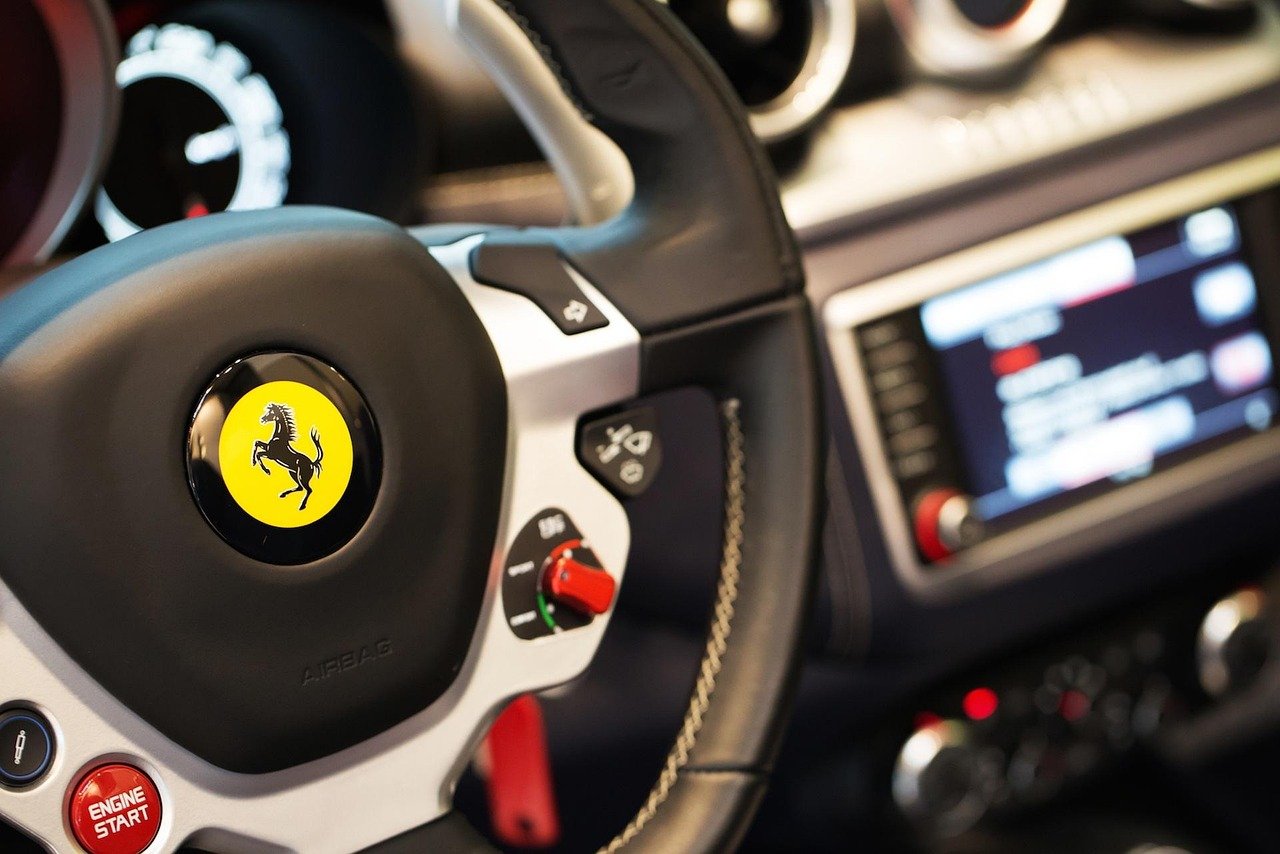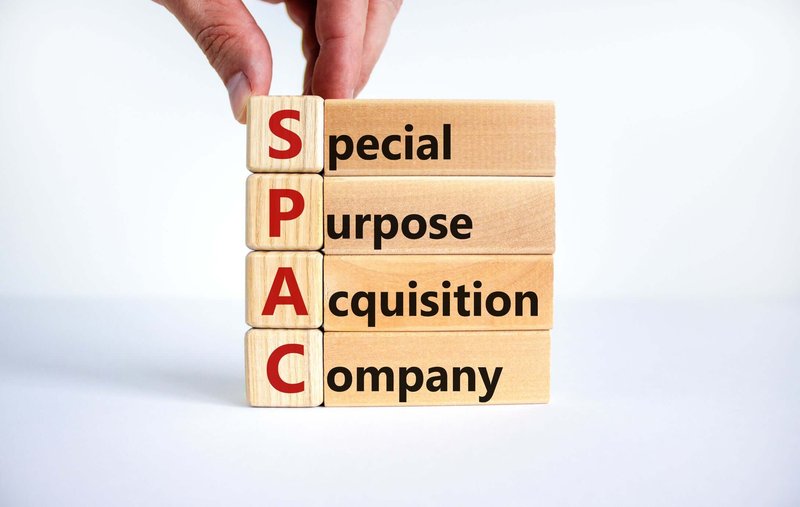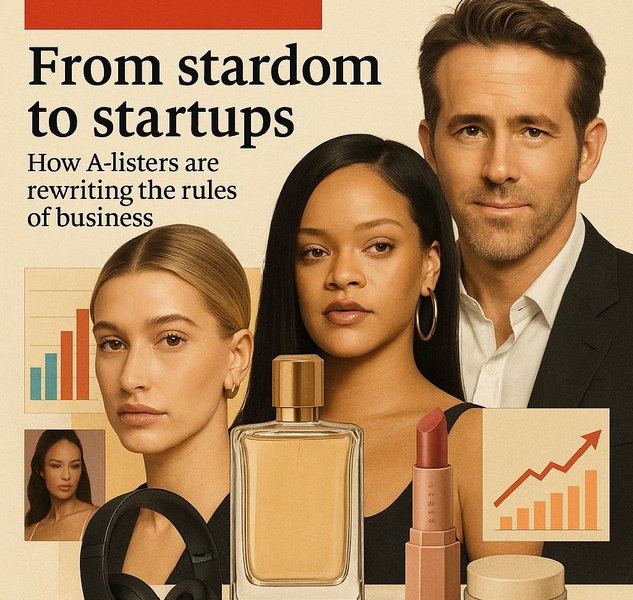Is Ferrari more of a Luxury Brand Than Just a Car Brand
0 comments

Ferrari is Native to Italy in Bologna. With an iconic horse symbol but not just a symbol but also as a reminder: this isn’t just a car company. This is Ferrari a brand that now feels less like a carmaker and more like a European LVMH on wheels.
Ferrari is in a category of its own, and that category may not even be "automobile" anymore. It’s something more aspirational, more exclusive, and possibly more profitable than traditional car manufacturing has ever aimed to be. Ferrari, today, is not so much a car company as it is a global luxury icon that happens to deliver 200-mile-per-hour art.
But as the automotive world begins its mass migration to electric vehicles (EVs), one can’t help but ask "can Ferrari hold on to its soul in a silent, battery powered future?"
The Ferrari Formula has always been Scarcity + Status = Supremacy
Ferrari sells very few cars. In 2024, fewer than 14,000 units were shipped. That’s less than one week’s worth of Toyota Corolla sales. And yet, Ferrari is worth €76 billion ($90 billion) triple the value of Stellantis, the industrial titan that owns Chrysler, Peugeot, Citroën and more, and which sells over 5.7 million vehicles a year.
How is this even possible? Because Ferrari doesn’t sell cars. It sells desire. Scarcity isn’t a production problem it’s the business model. Buyers are carefully vetted. Waiting lists stretch for two years. And for some special models, even having the money doesn’t mean you qualify. You have to earn the right to buy.
Where others pursue scale, Ferrari courts exclusivity. Where others race to cut costs, Ferrari hand-stitches leather. Its profit margins prove the point, a staggering 28% operating margin, miles ahead of most industrial manufacturers who struggle to get into double digits.
This is not mass production—it’s couture on wheels.
Here lies Ferrari’s existential question, if its soul is stitched together by the smell of petrol, the scream of a V12, and the roar of Formula 1 heritage what happens when all that vanishes into a whisper-quiet electric hum?
The world is changing, and even the most luxurious brands must keep up. Ferrari’s “e-building,” a new state-of-the-art factory in Maranello, is already assembling its electric future. The company plans to launch its first fully electric vehicle by 2026. But unlike Tesla or BYD, Ferrari isn’t rushing. It’s crafting.
The real challenge? Preserving the emotion. No one buys a Ferrari for A-to-B utility. They buy it for the sensation, the spine-tingling pull of torque, the engine’s guttural opera, the ritual of turning the key. Electric cars are better for the planet, yes. But can they offer that same thrill?
Ferrari thinks they can. CEO Benedetto Vigna, a physicist by training, says Ferrari’s future EVs will still feel like Ferraris. Custom battery packs. Acoustic engineering to mimic performance sounds. Innovations that blend tech with tradition.
It’s an ambitious promise. But if any brand can convince people that a battery can be sexy, it's probably the one with a horse for a heart.
Like the French luxury houses, Ferrari has expanded its empire without diluting its identity. A Ferrari jacket, watch, or fragrance isn't just merchandise it’s a badge of access to a rarified world.
That’s not by accident. The brand’s recent moves have been as much about fashion, hospitality, and lifestyle as horsepower. A new restaurant. Clothing lines. Even plans for themed experiences.
This strategy is working. In an age where luxury isn’t just what you own, but how it makes you feel, Ferrari is selling a feeling few brands can match.



Comments